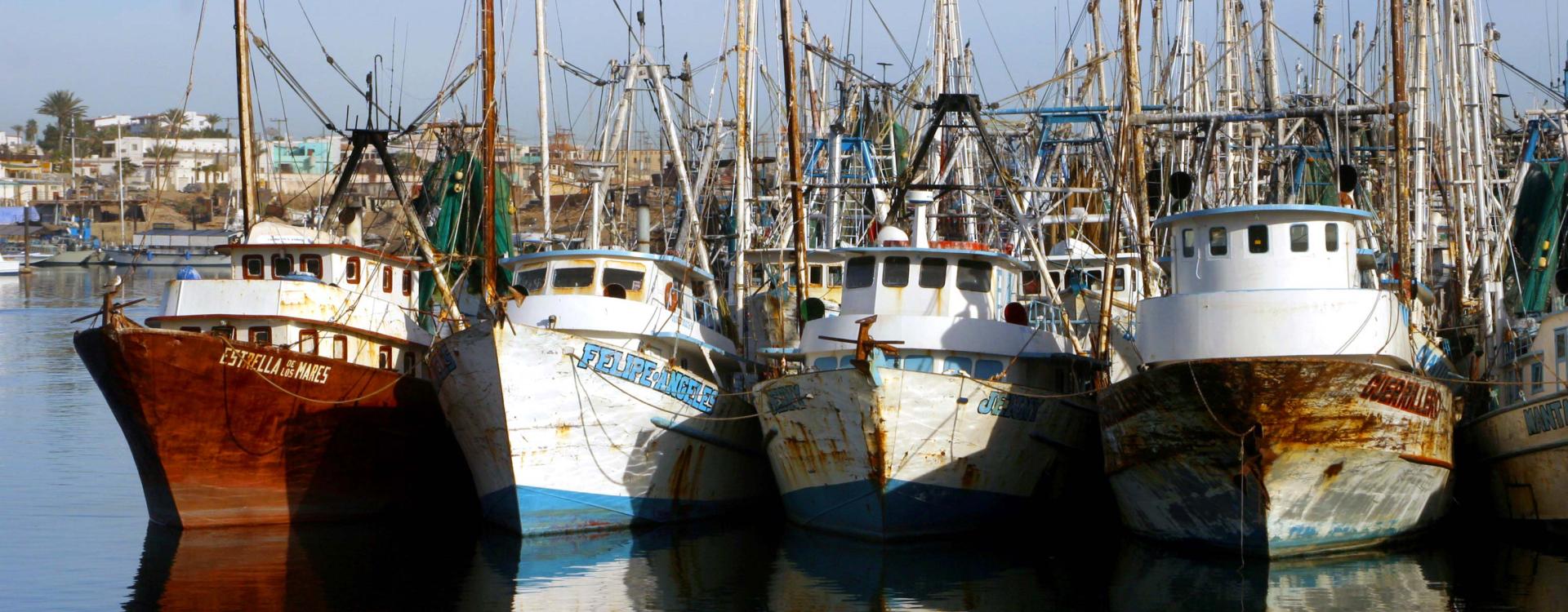Combining perspective from social and natural sciences reveals factors critical for the success of marine protected areas

Photo Credit: Lisa Redfern
Research co-led by Anastasia (Tasha) Quintana at UC Santa Barbara and Alfredo Giron-Nava at Stanford University investigated feedback loops for community-based conservation in northwest Mexico. Their results suggest that adaptation, learning and trust within fishing communities contribute to a greater and growing impact — positive feedback loops — for conservation and fisheries management. The paper, published in the journal Frontiers in Marine Science, is part of a special issue focusing on the work of early career researchers.
Source and Full Article